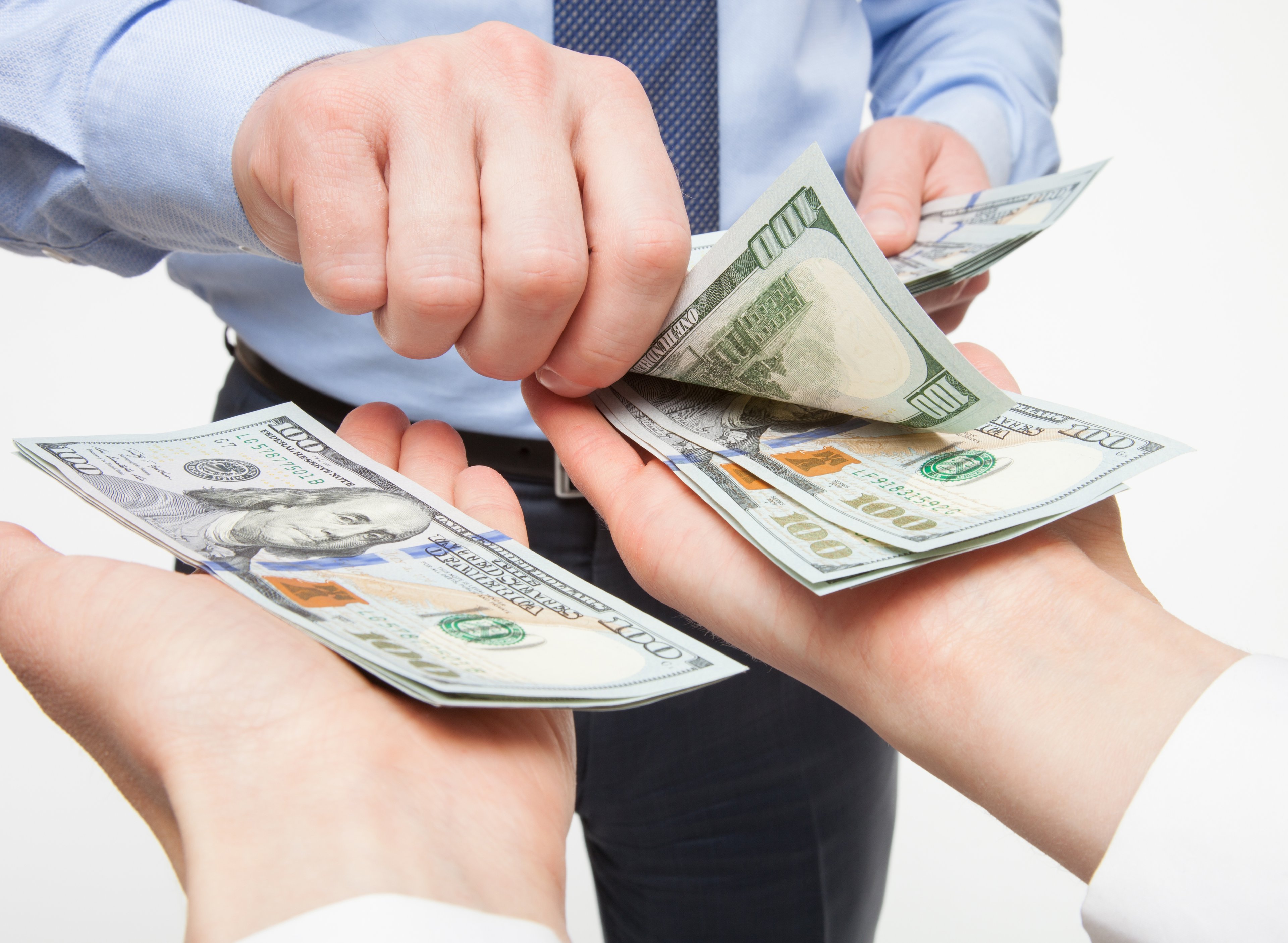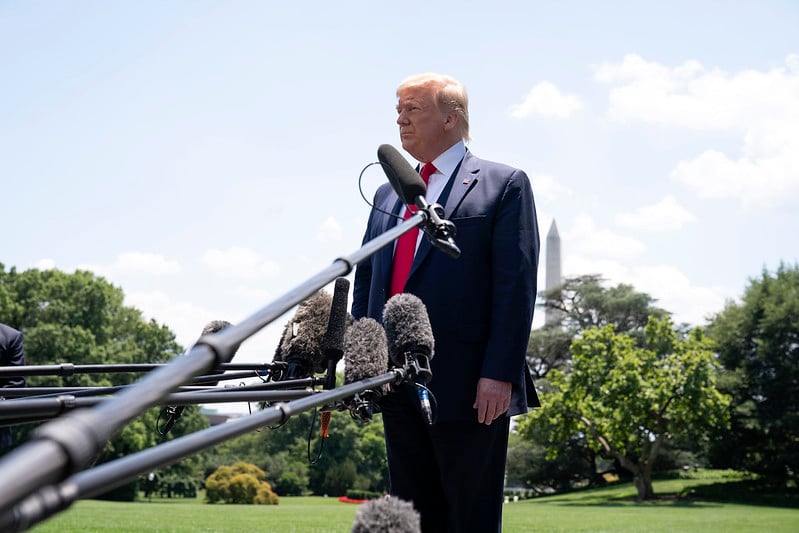Prices at the pump have headed higher lately, as crude oil keeps recovering from its mid-2010s slump. For drivers, another factor adding to their transportation costs is the trend toward rising gasoline taxes imposed by state governments.
New Jersey recently announced that it would boost its state gasoline tax by $0.043 per gallon, effective Oct. 1. That will bring the total state taxes per gallon of gas up to $0.414. The increase adds insult to injury after a massive $0.23-per-gallon increase two years ago, which was prompted by needing to pay for highway and railroad infrastructure improvement projects across New Jersey.
Yet as the chart below shows, New Jersey doesn't come close to having the highest state gasoline taxes across the nation. That honor goes to one of its neighbors, and some other states that are infamous for high prices at the pump also make the list.

Data source: American Petroleum Institute, as of June 30, 2018. Amounts include only taxes imposed by states and exclude federal excise tax. Chart by author.
Pennsylvania made headlines back in 2013, when it took steps to link its tax to gasoline prices, resulting in a near-doubling of the state tax per gallon. California has routinely used gasoline taxes as a funding source, with its latest $0.12-per-gallon increase coming last November. In Washington state, tax increases of almost that much -- $0.119 per gallon -- came in two phases in 2015 and 2016.
Even some of the least-taxing states have seen pressure to boost revenue from gasoline taxes. Oklahoma would have been on this list earlier this year, but a $0.03-per-gallon increase to help resolve issues related to teacher pay lifted total state taxes to $0.20 per gallon. Later this year, voters in Missouri will decide whether to accept a $0.10 boost to their prices at the pump.
Many states are struggling to make ends meet, and roads and bridges are decaying. That makes further gasoline tax increases even more likely in the years to come.





